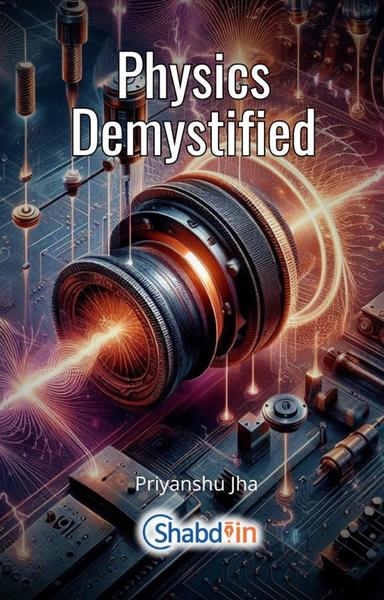General Relativity, the theory of gravity developed by Albert Einstein, revolutionized our understanding of the fundamental nature of space, time, and gravity. This groundbreaking theory, which describes the curvature of spacetime and the motion of objects in the presence of massive bodies, has had a profound impact on both theoretical physics and practical applications. In this article, we explore the significant contributions made by Indian scientists to the field of General Relativity.
Indian Pioneers in General Relativity:
India has a rich history of scholars who have made significant contributions to the field of General Relativity. One such pioneer was Meghnad Saha, an eminent Indian physicist known for his work in astrophysics and thermodynamics. Saha made notable contributions to the application of General Relativity in understanding the behavior of matter and radiation in high-density astrophysical objects, such as white dwarfs.
Another prominent Indian physicist, C. V. Raman, who won the Nobel Prize in Physics in 1930, also made contributions to the study of General Relativity. Raman worked on the scattering of light by gravity, known as the Raman effect, which provided experimental evidence supporting the predictions of General Relativity.
The Indian Relativity Group:
The Indian Relativity Group (IRG) is a collective effort by Indian physicists to advance research in General Relativity and related fields. Established in 1986, the IRG has made significant contributions to various aspects of General Relativity, including black hole physics, gravitational waves, and cosmology. The group has played a pivotal role in training young researchers and organizing national conferences and workshops on General Relativity.
Gravitational Wave Research in India:
Gravitational waves, ripples in the fabric of spacetime caused by the acceleration of massive objects, were predicted by Einstein in his General Theory of Relativity. The direct detection of gravitational waves in 2015 by the LIGO Scientific Collaboration and the subsequent Nobel Prize awarded to the pioneers of gravitational wave astronomy opened up new avenues for research. India's involvement in gravitational wave research has been significant, with the IndIGO (Indian Initiative in Gravitational-wave Observations) consortium playing a crucial role. The consortium aims to establish an advanced gravitational wave observatory in India, contributing to global efforts in detecting and studying these cosmic signals.
Cosmology and Dark Matter Research:
Cosmology, the study of the universe's origin, evolution, and large-scale structure, is intimately connected to General Relativity. Indian researchers have made notable contributions to cosmology, particularly in the study of dark matter, a mysterious substance that constitutes a significant fraction of the universe's mass. Institutions like the Inter-University Centre for Astronomy and Astrophysics (IUCAA) and the Tata Institute of Fundamental Research (TIFR) have actively contributed to understanding the nature of dark matter and its implications for cosmology.
Conclusion:
Indian scientists have made substantial contributions to the field of General Relativity, spanning theoretical investigations, experimental validations, and cosmological implications. Through the works of pioneers like Meghnad Saha and C. V. Raman, and the collective efforts of groups like the Indian Relativity Group, India has left an indelible mark on our understanding of spacetime and gravity. As research in General Relativity continues to evolve, India's scientific community remains at the forefront, contributing to unraveling the mysteries of the cosmos and shaping the future of gravitational physics.















